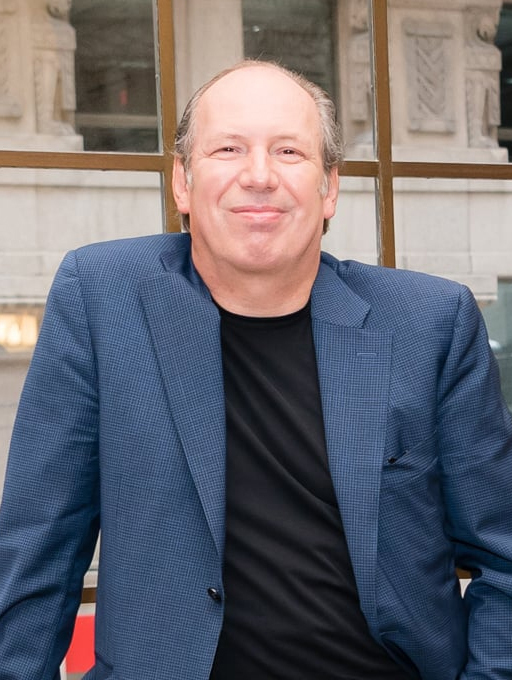Winter is dark, moody et cetera. Amidst pressures to escape somewhere else, there is something delightfully ethereal about music in film. With a soundtrack, you are suddenly transported to worlds beyond even a director’s imagination. You can plot your own story arc, conceive your own dialogue, or ponder reflectively over all that has happened or all that may soon come. Perhaps you’re in pursuit of inner peace and resolve rather than the soul-searching answers a screen writer may suggest. Film soundtracks are the emotive enablers of such self-indulgence, the instrumental background to what can also constitute life beyond the cinema. They are the viral snippets mashed onto reels of TikTok; still able to confer emotions upon the listener that appear beyond linguistic comprehension.
Yet they are also ignorable, maybe relegated to the lowly status of the self-study companion, often little more than a persistent, dependable crutch that stifles an otherwise awkward library silence. The roles occupied by film soundtracks remains incalculably large, but their status even as award-winners within the cinematic industry is often negated relative to the award-winning achievements of the writers-turned-thespians whose ideas so often depend on the conveying role of accompanying music. Consider this feature, therefore, a minor tribute to the recent history of film composers, artists whose understanding of the director’s intentions enhanced the pictures themselves into greatness. Uniting these films are their score’s transcendence beyond their corresponding cinematography, their evocating resonance longer-lasting often than the film’s place in popular consciousness.
For all of his success with Harry Potter and Guillermo Del Toro, Alexandre Desplat’s contemporary resonance rests on his collaborations with Wes Anderson. Notation is staccato, melodies hint at optimistic futures within self-contained worlds. The orchestra is a friend but kept at a distance, a closing tool brought in to round out scenes, journeys or succinct dialogues once the scene’s purpose has been served. As Anderson pointedly centres his characters on screen, Desplat’s instrumentation enhances the emotive melody that exists within the centred character. Grand Budapest Hotel won an Oscar, Fantastic Mr Fox won people’s hearts, both sustained by the TikToks endlessly remixing Desplat’s finest work.
Where Desplat leaves emotions simmering alongside the bold colours and shot symmetry, Hans Zimmer’s work evokes of its own accord. Zimmer’s work is electronic, even his ‘real-world instrumentation’ remains constructed from his computers, brought to life only through the speaker systems within the bunker of a studio which he has built for himself, and when he takes his own performances on tour with an ensemble orchestra and band to boot. Though Pirates of the Caribbean and Interstellar have hoisted themselves into internet culture for reels to come, it was in No Time to Die that the tragedy of Daniel Craig’s conclusion as Bond was orchestrally surmised most delicately, simultaneously despairing yet grandiose in recognition of the ending of a distinct cinematic era. Words fall short.
Yet this is not an industry solely built on maestros, artists of directorial reflection. There remains in music the scope for genre-defining artists to branch into film, expounding their musical talent beyond the conventional EPs/Album/Tour cycle. The Chemical Brothers delved into the manic tension of Big Beat for Hanna, giving ruthless chaos to Saoirse Ronan’s killer instincts. Even David Bowie was perhaps excessively gung-ho, fine-tuning his acting prowess into Absolute Beginners, his title track an admirable cover for a Colin MacInnes adaptation best forgotten, though both song and film remain inferior to The Jam’s original 1981 tribute. A personal favourite for a moody winter though might just be Alex Turner’s soundtrack for Richard Ayoade’s Submarine, perfectly capturing the mid-2000s coming-of-age zeitgeist we all wish we could still tap in to.
At their heart, movie soundtracks are the gateway to self-indulgent dreams. What was once maybe considered flashes of narcissism can instead now be considered ‘main character moments’, the self-indulgent joy of putting headphones on and decompressing from the existential purgatory that otherwise constitutes our present every day. Soundtracks are the enablers of such an experience, a joyously brief experience.
“Hans-Zimmer-profile” by ColliderVideo. Uploader cropped. is licensed under CC BY 3.0.

